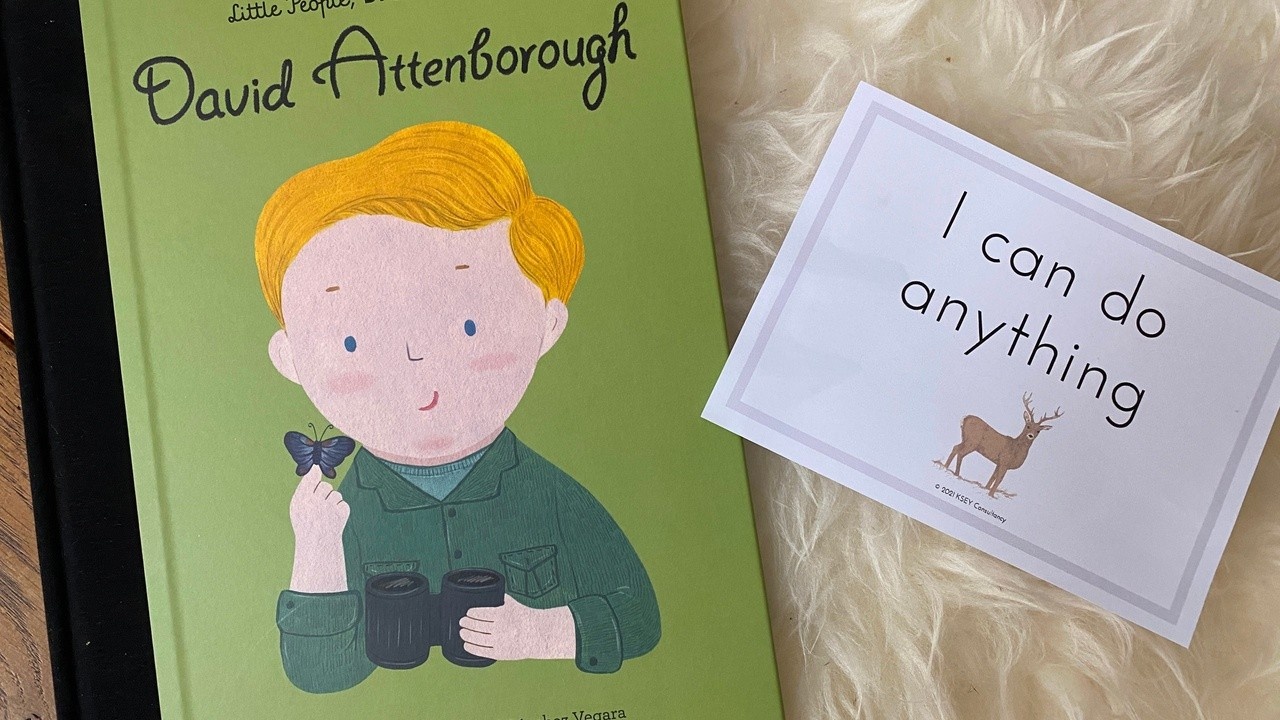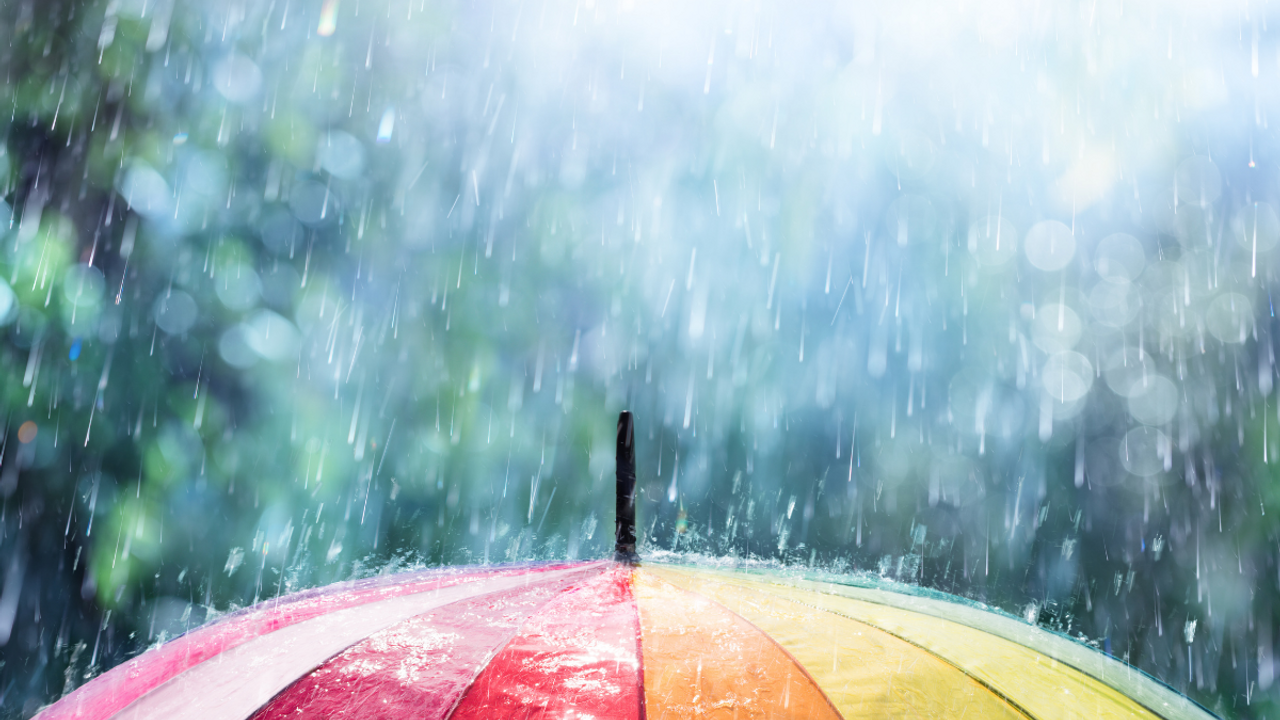Blog
“Strive to make everyday the best day of your life, because there is no good reason not to.” Hal Elrod
"I realised we didn’t need to go to playgroups, soft play and squeeze busy activities into the children’s day."
My Name is Adele I am a registered childminder in Kent.
I have worked in childcare for 23 years doing may different positions as Nursery nurse, Nanny, TA and Respite Nursery Nurse for a children’s hospice.
After having my two beautiful girls currently aged 4 and 8 years old, I was finding it increasingly more difficult to find the correct position that fitted around our family life. After taking to close friends I decided to take up childminding.
I found it all quite daunting to start with as even though I have been in childcare for a long time I hadn’t had to do much paperwork as having dyslexia this can sometimes be very time consuming and difficult writing policies, planning and learning journals for the children was taking a lot of my family time up. Also had never run my own business before. I really enjoyed childminding but was overwhelmed and stressed that I wasn’t doing enough with the children.
A fabulous friend of my Samantha who I meet up regularly with had enro...
We don't want to say good bye to the Pine Marten
The Guardian reports that, "nearly half of Britain’s biodiversity has gone since industrial revolution." with a new study carried out by The National History Museum that shows the UK has lost more biodiversity than any G7 country, and is in the worst global 10%.
This shocking report makes us aware that the UK is one of the worst countries in the word at protecting and retaining the natural ecosystems of animals and plants. The Study points it's cause to the fact that the agricultural and industrial revolutions started in the UK. This caused woods and grasslands to be destroyed by machinery to create fields to grow single crops. As well as land being used for housing to increase the size of cities and towns.
This has left many species that were once nation wide now close to extinction. They include the Scottish wildcat, pine martens, natterjack toad, turtle doves and many insects like the cicada. Many other species like the hedgehog are also under threat with dwindling populati...
Using affirmations with children

What are affirmations?
Affirmations can help young children feel confident and cultivate a positive self-image and are a powerful way of reducing anxiety levels. An affirmation like “I can do anything” just might help your tot keep their cool when they're, say, struggling to dress themselves, using kind hands or having a hard time waiting their turn.
Saying affirmations is a way to practice positive thinking. It usually calls for repeating positive declarations about yourself or your experience.
The idea is to start getting yourself in a mindset where you can catch negative thoughts happening and meet them with positive ones. Eventually, you'll start to believe more of the good things you say about yourself and embody them in real-time.
We want to be able to equip children from a young age with the tools they need to lead a calmer life. I believe that teaching self love and positivity is just as important (if not more!) as teaching Math.
Explaining these to children
Begin by ta...
How Much To Document? and avoiding the observation race!

Documenting the learning that the children are doing is part of the process of being an early years educator. However we don't want to be doing too much that it takes us away from the child and the importance of the learning.
What exactly is documentation? This is the process of recording down the child's learning and responding to this in a way as an educator that allows us to deepen their level of learning or provide challenge.
Although we have many visitors of the blog working internationally, we also have a large proportion of visitors working here in the U.K and with the revised EYFS curriculum as of of September 2021.
Having worked with many educators here in England over the last year, it has come up in many discussions that under the new EYFS 'there is no requirement to document children's learning.'
In this blog post I want to reflect on the value of high quality observations and unpick why there is still a place for these in our every day early years practice.
The Gr...
Why do babies need time outdoors?

"How about if they have to sit on the ground and get dirty?"
"What if my child falls?"
"What if they try to put sand in their mouth?"
"But my baby will get sick being outside?"
"I'm too busy in my day to get outside with my baby"
Taking babies outside offers many benefits on all areas of their development and the earlier they get used to being outside, the sooner their love for nature will develop. It is though their first hand sensory and movement experiences that they learn to make sense of the world and develop key connections in their brain. In order for us to place a greater emphasis on the outdoors in our practice with babies and toddlers we must understand that the outdoors offers a richness that isn't available inside. We don't want to just take out indoor resources and put them outside - we must use the nature around us!
Yet many parents and early educators lack the confidence to make nature based play with babies work. With worries around risk, dirt and over schedule...
"I was very tired, unmotivated and I felt rushed on a daily basis."

My name is Samantha, I am a Registered childminder in southeast London.
I have been a childminder for 17 years and done many training courses. Hygge was the first one that focussed on myself as a practitioner and my well being.
Until I started, I hadn’t realised that this was something I really needed. I was very tired, unmotivated and I felt rushed on a daily basis. Missing out on breakfast and drinking coffee as I set up. I wanted everything to look inviting before 07:30am. I would be disappointed when the children were not engaging in the activity.
Focussing on myself, my vision and the children allowed made me to slow down and I realised I was still offering the cosy caring environment but it needed to be calmer and less manic. I started with having breakfast and a hot coffee before 07:30. I stopped putting out invitations to play but waited for the children to arrive.We talked about what they want to do and we set up areas together. Now we come together to do meditation at n...
Making Continuous Provision Work For You!
When it comes to organising our Early Years environment setting up high quality continuous provision is crucial. It allows young children to be active learners that are in charge of their own learning while also developing key skills that allow them to flourish as life long learners.
What exactly is continuous provision I hear you ask? It is the every day environment that you create in your setting that's consistently available to the children each and every day and what they can use freely. It's not just about the resources we have available here but it's also about the way we as adults challenge and support the learners through our interactions with the children and the way the daily rhythm is organised. The environment that we create must also be reflective of the cohort of children that we have working with us today and change in response to our observations and knowledge of their needs and interests.
Traditionally we may have waited to make changes to our learning environmen...
May Wanderlust Collection

Many of you have now signed up to our monthly collection of Wanderlust resources delivered direct to your letter box (Begin your subscription here). With an aim to support and inspire Wanderlust learning in the home and setting each month.
For those of you have bought our May collection (available here as a one off) I wanted to provide you with a few other simple ideas that you could do around the themes in the collection.
1. Be a dreamer
The patch for this month is to 'Be a dreamer' which has to be one of my favourites. Isn't this what we want for all our children? Have you ever sat down and asked them what they want? Why not talk about what a dream actually is and share some of yours. Then create your very own vision board to show the things they hope for. This could be a collection of images symbolising their dreams stuck onto a piece of paper. Then place it somewhere that you will see often as this increases the chance of it happening.
You could also have a chat about where ...
Rainy Day Play Ideas

'And so the rain invites a street of colourful umbrellas to blossom.' Angela Abraham
I love the quote above and it reminds me that it's so important to see the beauty in the rain. After a very dry April the rain we received here in Yorkshire yesterday was very welcome.
I wanted to share a few rainy day ideas for you this Spring to support your nature based practice.
1. Head outside and smell the rain
We're often in such a race to get out of the rain, perhaps running to get inside, that we forget to actually experience the rain. Get dressed up in suitable waterproof clothing and head outside to smell and feel the rain. How does it sound? What temperature is the rain as it hits your skin (does it feel warm or cold?) What shapes do we notice the raindrops make as they hit the ground? Can you take 5 big deep breaths in and feel the rain calm your senses? As you tune in and smell the rain this is called Petrichor and it is the earthy scent produced when rain falls on dry soil.
 2....
2....
Am I Failure For Giving Up My Leadership Role?

Am I Failure For Giving Up My Leadership Role? This is something that at least three people have said to me in the last week and having been through these exact same thoughts myself I thought it deserved some time on the blog this week.
Let me begin by saying that actually giving up a job that was stressful, making you poorly and feeling as though you couldn't cope was a decision showing your strength.
Being a leader or a manager might have meant a bigger salary and more responsibility and feeling as though you're doing the social norms of climbing the career ladder. But actually who is all of that for? What good is the higher salary if you never have the time to invest in making new memories? If you're spending each moment of the day chasing your tail and missing out on valuable time with those that you love. Or that your health suffers so badly that it makes you ill or has long term consequences for living well.
The real secret to more joy and happiness in life is having freedo...




